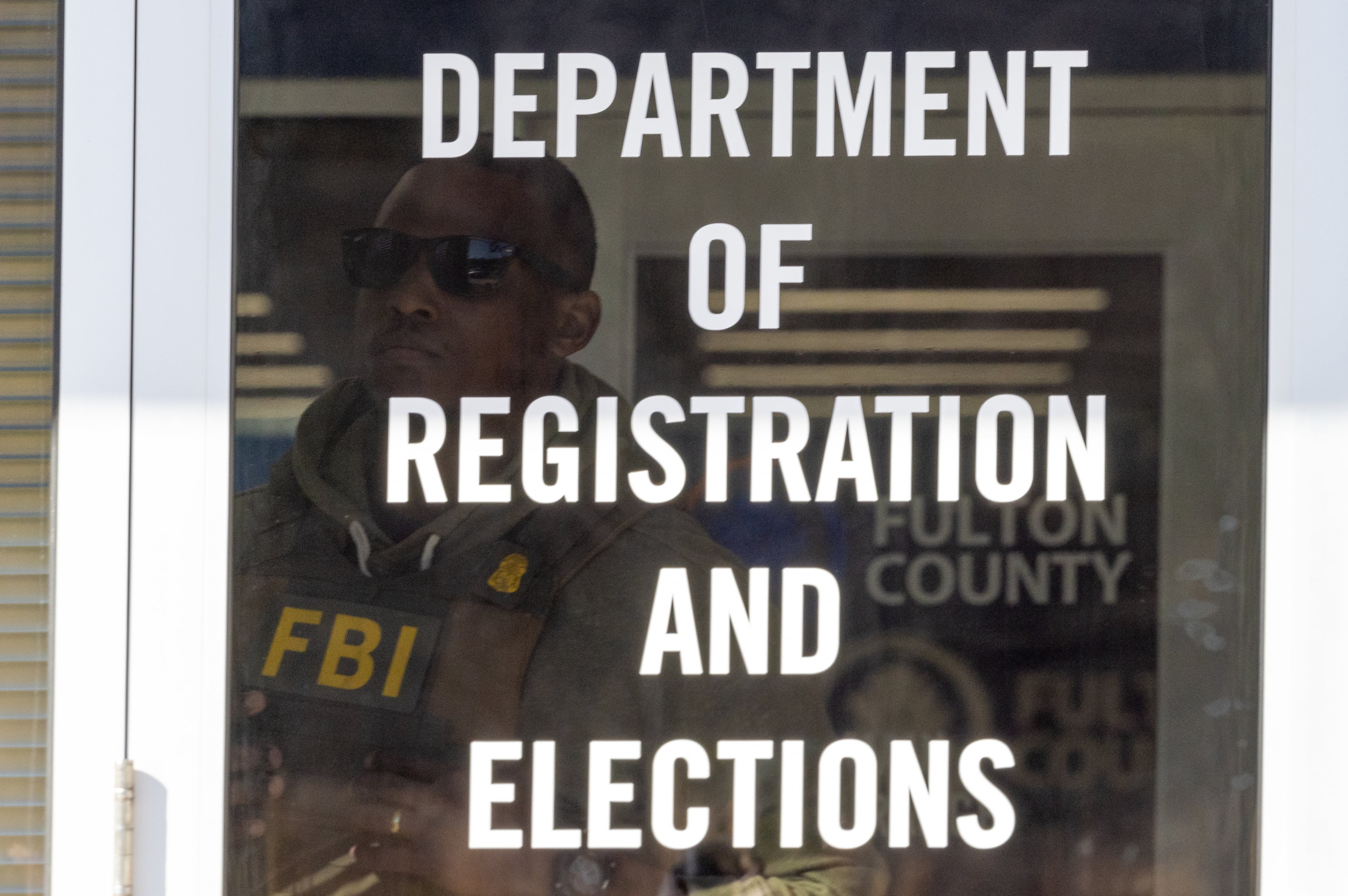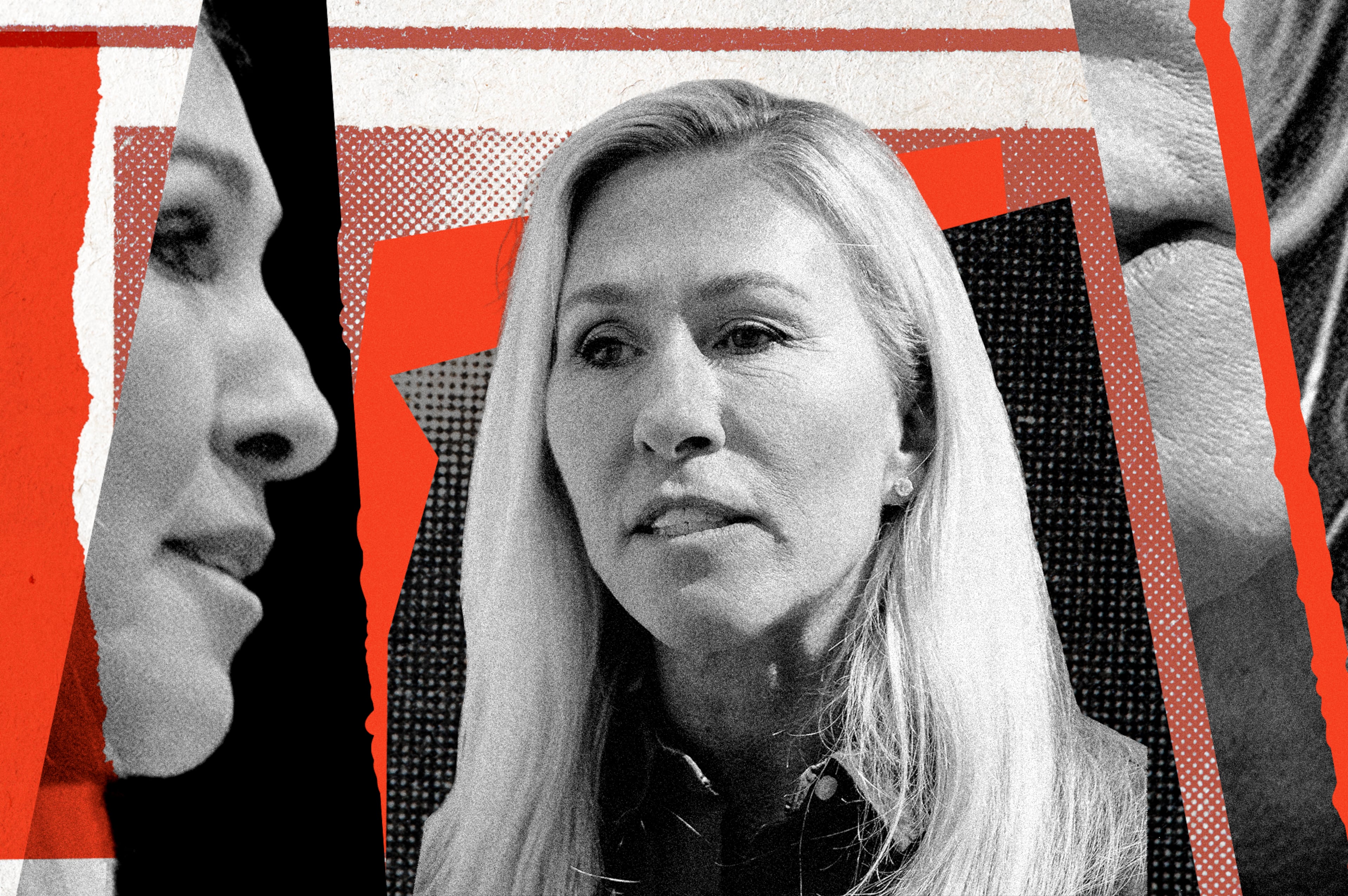Georgia drive-up coronavirus test sites weren’t collecting race data

The state of Georgia doesn't know the race of many of the people tested for the coronavirus because it left the race question off of its own testing registration form, the Atlanta Journal-Constitution found.
After the AJC brought the gap to the attention of the Department of Public Health, the form was fixed on Friday.
That may help health experts, including Georgia's own top epidemiologists, who have been desperate for more data on the race of COVID-19 victims, after initial indications that the disease may be disproportionately dangerous for African-Americans.
» COMPLETE COVERAGE: Coronavirus in Georgia
“When you look at who’s being affected around the country and why, that data’s important to us,” Gov. Brian Kemp told reporters this week. “It’s also concerning, and we continue to work on that.”
Georgia has not had race or ethnicity data for about half of the reported positive coronavirus cases. The omission on the state’s testing form doesn’t account for all the cases where the race of the person tested was not recorded. DPH receives test data not only from its own testing sites but also from a broad swath of sources, including hospitals and private labs.
Initially, department officials had blamed the data gap on labs or people collecting test samples not providing the race data when they sent in the results to the state. “It’s not being consistently reported,” Public Health Commissioner Kathleen Toomey had said. “We are actively working with lab providers and medical providers who do testing to ensure that that is included.”
» RELATED: Outbreak apparently taking heavier toll on blacks
» OPINION: Why COVID-19 is hitting African-Americans especially hard
Labs and other providers account for portions of the missing race data, though epidemiologists who have been reviewing cases to fill in missing information in the last seven days have decreased the number without data on race by 19%, DPH said late Friday.
But a significant number of other test results come from the state’s own drive-up testing sites, set up urgently as the epidemic took hold here. They are called SPOC tests, or special point of collection. As of Thursday there were 36 sites scattered across the state.
When the state created those sites, it set up a computerized registration form for the patients being referred, which were to be completed before they show up to get swabbed. In order that experts can look through their data for patterns and how to fight the spread, health workers filling out the registration form were asked to input patients’ symptoms, health, location, age, gender and other information. But that form left off race, one of the data points suggested by the CDC.
Toomey did not appear to know about the omission until after the AJC contacted her department.
She told reporters on April 8 that while the racial data gap was a matter of deep concern, Georgia’s test sites would go a long way to solving it. “We think as we move forward, particularly as we are ramping up our testing…that we’ll be able to get better and better data on that,” she said.

She said her department was even hoping to put together a type of dashboard rich with data breakdowns for the public to better understand the epidemic so far.
The AJC confirmed the omission with DPH over the past week, but as of Thursday the form had not been fixed, according to DeKalb County Chief Epidemiologist Otto Ike. After the AJC on Friday told the state the story was near publication, the state said the form was fixed.
» ASSOCIATED PRESS: Amid coronavirus pandemic, African American mistrust of medicine looms
Professor David Williams at Harvard’s T.H. Chan Shool of Public Health says it was important for Georgia to add the question. “It matters profoundly,” he said. “If we have that information we would know where the disparities are, and we would be able to act. To mitigate. If we don’t collect this data we are clueless. We are just not equipped to respond to a problem that we haven’t documented.”
Data on the race of those infected is also patchy nationwide. The African American Mayors Association on Friday sent a letter to President Trump and all governors demanding a uniform requirement that race be reported. The association’s president, Augusta Mayor Hardie Davis, Jr., said he was pleased with state leaders’ desire to collect the data, but they need to do more.
“This is extremely important information,” Davis said. “We shouldn’t shy away from where we are.”



